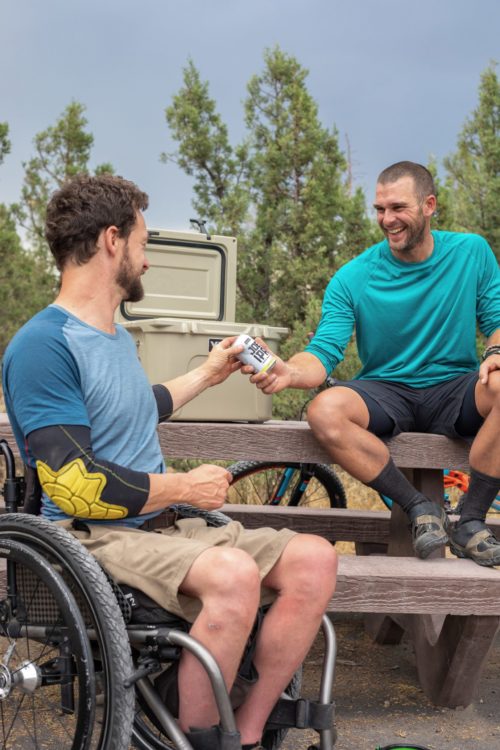Mapping of Skills and Training Needs to Improve Accessibility in Tourism Services in Europe – A Summary

Tourism is an extremely important act and process of spending time away from home in pursuit of recreation, relaxation, and pleasure. While making use of commercial provision of services; it boosts up not only economy but also the knowledge transfer and communication across cultures. In this context, accessible tourism has received more attention in the last few years.
This blogpost summaries the final report of the study commissioned by the European Commission DG Enterprise and Industry regarding “Mapping of Skills and Training needs to improve accessible tourism services” (Hausemer, Ambrose, Ito & Auzinger 2014). The report includes all findings of the research and data collection (e.g. 20 standalone case reports in separate annex), the full analysis of results and a set of conclusions and recommendations.
The basic purpose of this study is to enhance the mapping skills like identification of necessary knowledge, effective mechanism, training the staff to improve accessibility in tourism services in any country but especially in Europe. This can only be achieved when tourism offers and services are accessible for all.
Europe signed the UN Convention on Rights of Disabled People in 2006, to increase the demand of accessible tourism. A huge attention has to be paid for the education, training, and skill development of management staff, so that they can overcome physical and attitudinal barriers and to make Europe number one destination place. Therefore, the people who are part of the visitors’ journey must have some degree of knowledge, skills, and competences to assist and accommodate all visitors with equal attention, respect, and support. To become a successful enterprise in the tourism industry, a development of strategies and long term plans for management and frontline staff is required. Thus, a focused course of study about accessibility and inclusion could contribute to a greater awareness, understanding disability, and the methods for orienting the tourism services towards the accessible tourism market. In the business context, awareness, learning, personal, social, general and technical skills are required for the accessible tourism. Particular skills like communication, body language, and tone of voice are the skills required for good customer services provided for everyone.
Almost 106 training courses are available throughout Europe. According to the report, the tourism industry is notorious for its poor training record in the past. UK tourism report had shown that 75% of employees stated that they have received no job-related training since their complete education while fewer than 50% of tourism businesses stated that they engage in training.
Training may be introduced as valuable tool in order to comply with national and EU regulations. Learning processes like face to face learning, online learning, blending learning and classroom-based learnings, all have their own worth and merits, benefits and barriers. To understand whether training courses are sustainable, it is imperative to look at the marketing channels and uptake of training. The most effective way of reaching the right target audience is partnering or seeking the support of industry as online courses targeted to tour operators in UK was developed in partnership with the UK Equality and Human Rights Commission and ABTA.
The key lesson learnt from the report is related to the importance of raising awareness of accessibility in tourism before demand from businesses that can be expected. Furthermore, it is important to link the training providers closer to the tourism industry. Having transparent standards allows for an assessment either someone can consistently provide the required quality or has the necessary knowledge and understanding. The overall results of the study show a number of recommendations to introduce policies and activities which will enhance the quality, availability, effectiveness, and impact of training in the tourism sector.
If you want to learn more about accessible or inclusive tourism or are interested in collaboration in the current Erasmus+ Project INclusive TOURism professions. European curricula for accessible tourism manager and frontline staff, please let me know.
Reference
Hausemer, Pierre, Ambrose, Ivor, Ito, Kei, & Auzinger, Monika (2014). Mapping of Skills and Training Needs to Improve Accessibility in Tourism Services in Europe. Final Report. A study prepared for the European Commission, DG Enterprise and Industry (DG ENTR). Brussels: European Commission. URL https://www.t-guide.eu/?i=t-guide.en.publications.1596 [29/05/2020]

